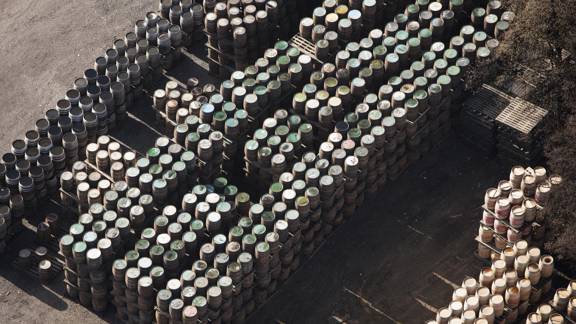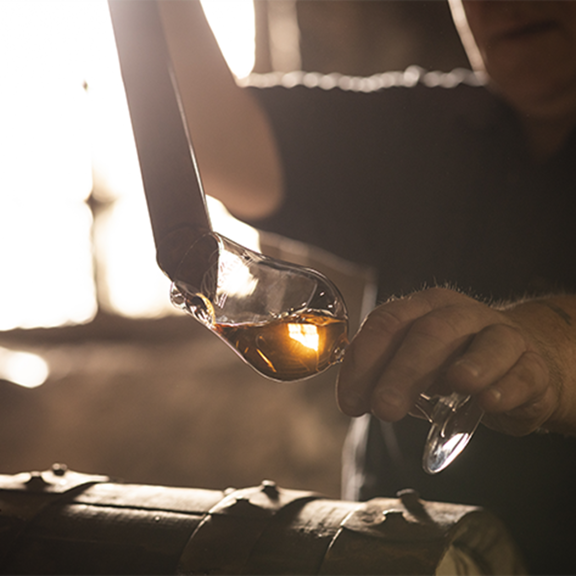Iain Stirling, founder of Arbikie tells us about the company’s world-first ‘climate positive spirits’:
"Arbikie Highland Estate is a 400-year-old family farming business based on Scotland’s east coast. In 2014, my brothers and I opened the Arbikie distillery on the estate with a plan to innovate farming and traditional distilling. Over the last few years, our focus has been on making Arbikie one of the world’s most sustainable distilleries. We have a clear mission to become the global leader in a new category of single-estate, field-to-bottle, sustainable spirits.
We’re involved in several climate-related projects, partnering with ecoSPIRITS to remove single-use glass bottles from its supply chain, for example. We’re also implementing hydrogen as part of the UK Government’s Green Distillery competition to deliver a zero-carbon distillery. The aim is to highlight the opportunities to minimise our industry’s reliance on fossil fuels – this will allow any subsequent findings to be shared with other distillers and brewers throughout the UK.
All our practices are based on a sustainable ethos built on four key principles:
- Authenticity - Arbikie Distillery is a genuine field to bottle operation. From start to finish, all our spirits are distilled on-site and evoke the taste of our unique environment.
- Sustainability - we grow our own crops. We use our own water and cultivate our own juniper and botanicals. We’re expanding our use of solar energy and our primary waste products are recycled as cattle feed or used as a natural fertiliser.
- Traceability - every crop used to make our spirits can be traced to its field of origin. Our distillery conducts every stage of production possible on-site.
- Innovation- our mission is to set new standards in the industry with the aim to be the first climate positive distillery in the world.
In terms of innovation, we focused on distilling the world’s first climate-positive spirits with Nàdar Gin and Vodka in 2020 by distilling peas to create a base spirit that removes 1.54kg of carbon dioxide emitted from the atmosphere. This was achieved following years of research by our master distiller and plant scientist, Kirsty Black.
Our spirits are exported all over Europe, the US and Canada, and the Middle East. We appreciate the need for competition and commercial success, but we also want to help fellow distilleries become more sustainable. The bigger picture is what matters most.
We’re always looking at how we can learn from others, too. It isn’t about achieving a state of sustainability, or even net zero. For Arbikie, it’s about continual improvement and evolving our business in line with science."


